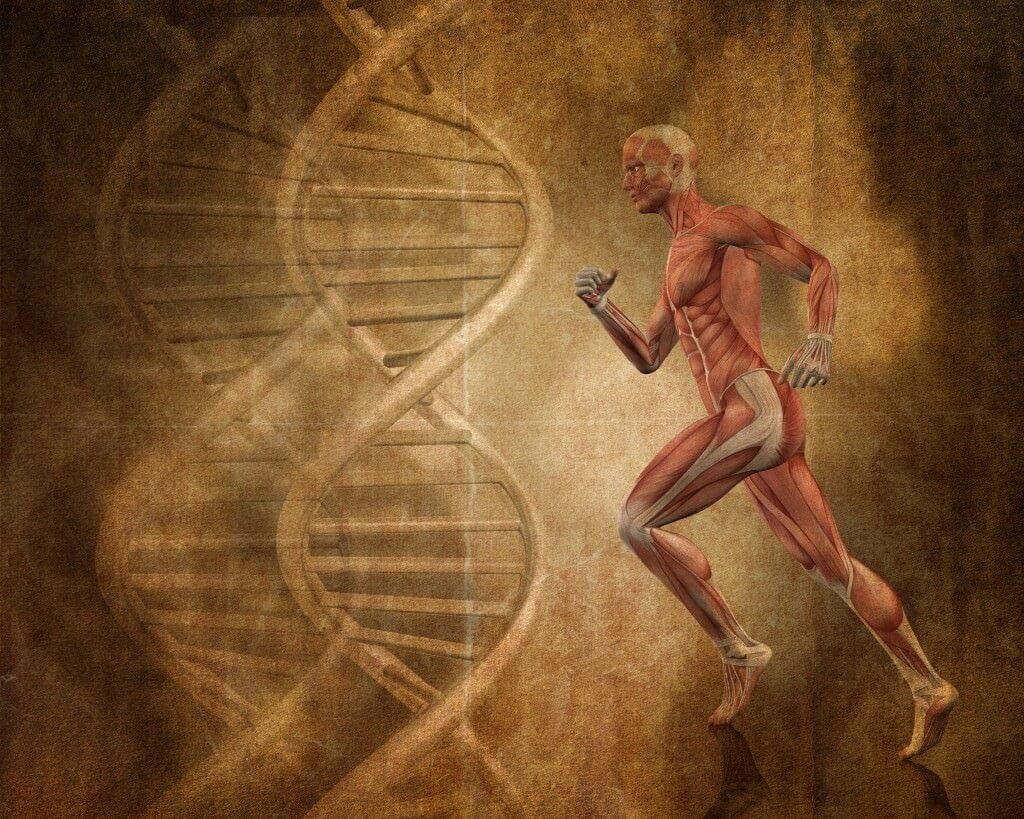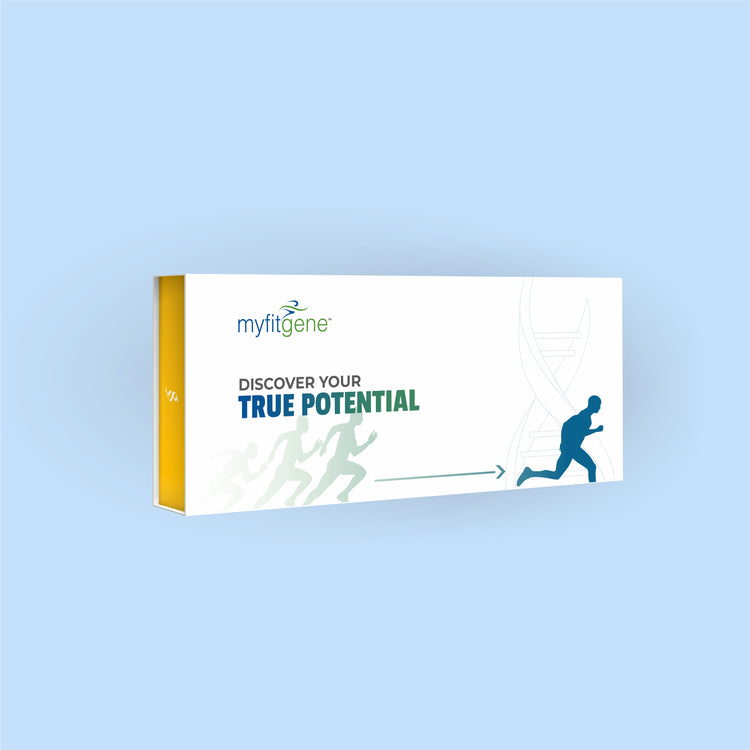Unlock your genetic athletic potential
Dec 04, 2017
28941 Views
As children, all of us played and enjoyed sports – cricket, kho-kho, kabaddi, football or plain running. We were blessed by Nature with an agile and supple body and were able to take the stress of sports. But to continue to keep the body athletic and fit as it grows old, it has to be trained. Many young adults are passionate about their fitness and push their bodies through a grueling physical routine in order to get that cherished and chiseled physique. And yet many of them fail in their efforts. Who, or what, is to be blamed?
We are different – at the genetic level
Nature never intended for us to be the same. So a solution that works for one individual might not work for another. The discovery of the importance of genes in bestowing this kind of uniqueness upon us is changing our understanding of how our bodies react to various stimuli. Whether it is food, medicines or physical exercise, each body reacts differently. And this difference is due to the differences in our genes.
While all humans are 99.9% genetically similar, the supposedly miniscule 0.1% genetic variation is enough to make us unique. This slight variation is what determines why a weight loss program, for example, works better for person A, when compared with person B’s results. Or why person A shows an adverse reaction to a drug whereas person B does not.
The Human Genome Project was completed in 2003. It let the proverbial genie out of the bottle. This genie has thus far provided extensive information on how these mysterious little genes work. Research into how genes influenced athletic performance answered a long standing question. A high percentage of the variance observed in athletic status can be explained by genetic factors (this is known as heritability).
We react differently to exercise
Surprising as it may seem but how an individual will be affected by, or respond to, physical exercise is determined by his or her genes. An individual’s response to exercise, time of recovery from training sessions and from injuries, susceptibility to musculoskeletal injuries and more is determined partly by our genes. And yet, despite the popular notion that we are all different and unique, we still have exercise programs that follow a similar formula. Aerobic exercise is prescribed for cardiovascular health and for weight loss. Weight training is prescribed for muscle strength and for gaining weight. But new research tells us that the ratio of endurance and power training is not the same between two individuals even though their goals might be the same.
Research into genes that code for physiologic processes like circulation, blood pressure control, strength, cardio-pulmonary capacity, muscle fibre type specialisation, cardiac output, muscle metabolism and adaptability to training regimes has shown that these genes determine to a great extent an individual’s response to various kinds of exercise regimes.
The time for exercising is also different for different individuals. Not everyone is a “morning person” and can be chirpy in the first AM hours! While the common notion is that the best time to exercise is in the early morning, it might not be true for a person whose biological clock does not allow him or her to reap the benefits of morning exercise..

Another matter of concern for an athlete or any person who works out to stay fit is the fear of injury during play or training. Research has also pointed out at some genes that determine our propensity towards injury – how easily can we get injured and how much time do our injuries take to heal. Genes that play a role in structural integrity of soft tissues, ligaments, cartilages and bones determine our risks of injuries and time to heal.
Use insights from genes to unleash your true potential!
Whether you are a fitness freak or an accomplished athlete, knowledge from within your genes can surely help you customize your training regimen. You can get information on the ratio of power and endurance training, time for each type of training, time of training and the right diet to support your fitness goals from a simple gene test. You will also know how to protect yourself from injuries that can be easily avoided during training. And if you do get injured, the information will help you bounce back sooner than usual.
Genetic information is helping millions of people understand their bodies better, whether it is for risks of potential diseases or health issues or for a deeper understanding into key physiologic processes to tap into the body’s true potential. Exercise is a vital factor in keeping our body healthy and fit. Understanding how our body reacts to exercise can make workouts more fruitful and satisfying, not to mention the immense value it can provide to keep our body young, supple and full of vigour.
Mapmygenome’s Myfitgene is a revolutionary DNA test which can help you begin tailored regimes for fitness training. By analyzing biological factors (which can affect training variables), and related tendencies such as physical adaptation, dietary habits, etc., this test can provide valuable inputs for sports physicians (YES, we developed the test in association with leading sports academia), nutritionists, athletes – and all those who wish to go that extra mile for fitness!

